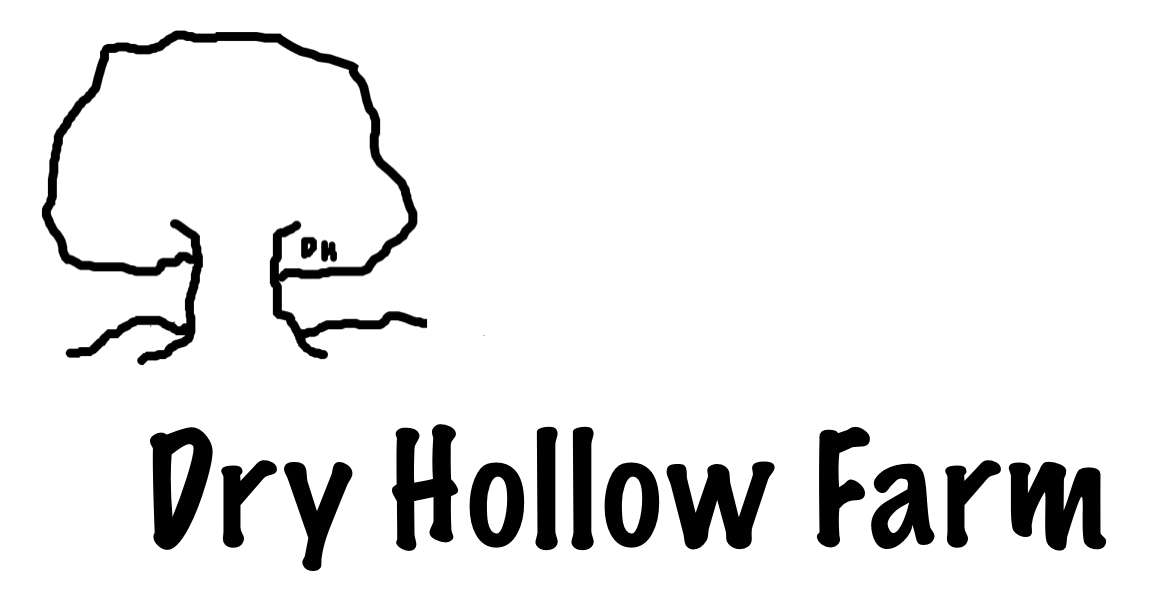Planning and Patience with Luffas
Owning a small farm teaches two of life’s greatest lessons - planning and patience. Whether raising livestock, row crops, or specialty crops, every enterprise on a farm requires organization, planning, and long periods of patient waiting.
In addition to raising sheep and goats, Dry Hollow Farm spends a lot of time waiting for and watching gourds grow. We first began cultivating luffa gourds four years ago to add to our offerings of specialty goat milk soaps. Luffas provide all-natural skin exfoliation for both humans and pets!
However, our farm in western Tennessee resides in Zone 7a of the USDA gardening map which means we barely place within an optimal luffa growing environment. Luffa vines require 200 frost-free days to produce mature gourds suitable for drying.
Our last frost date is April 15th, and the earliest is October 15th.
Luffa seeds also need a soil temperature of at least 70 degrees to germinate, and love the the 90s for pollination and setting fruit.
For this reason, we begin our luffa seeds each year in mid to late-February in greenhouse trays. By mid-April, seedlings are ready for planting in prepared beds of warm, hospitable soil. We also direct sow seed at the same time.
There is no hurrying the process. No rushing plant growth. No pushing progress. In the fall, when I hold a luffa in my hand, I think back to the cold days of late winter when the seeds began sprouting in the greenhouse, the hours spent hauling leaves, and pine needles, and animal compost to build up the soil, the lengthening days of spring that solely warmed the soil, soon to be replaced with the hot humidity of summer that seemed to stretch endlessly onward. Then mid-September as the evenings began to cool and the days shortened. Holding a luffa gourd is like holding every season of the year in your hand.
And we have once again learned the twin lessons of agriculture:
planning and patience.
Dr. Kathryn Bush owns and operates Dry Hollow Farm, a working goat and sheep farm in Huntingdon, Tennessee. Together with her husband, Russell, she creates skincare products from their fresh goat milk, grows organic herbs, welcomes visitors to their two cabins on the farm (available for stays through Airbnb), keeps the farm’s on-site soap shop stocked with their handcrafted products, and enjoys working the farm in company with their Great Pyrenees dogs (who work hard guarding the animals). Check out their natural products featuring farm-grown ingredients here, and sign up for the Dry Hollow Farm newsletter to stay in touch and be the first to hear about farm news, events, and new products.

